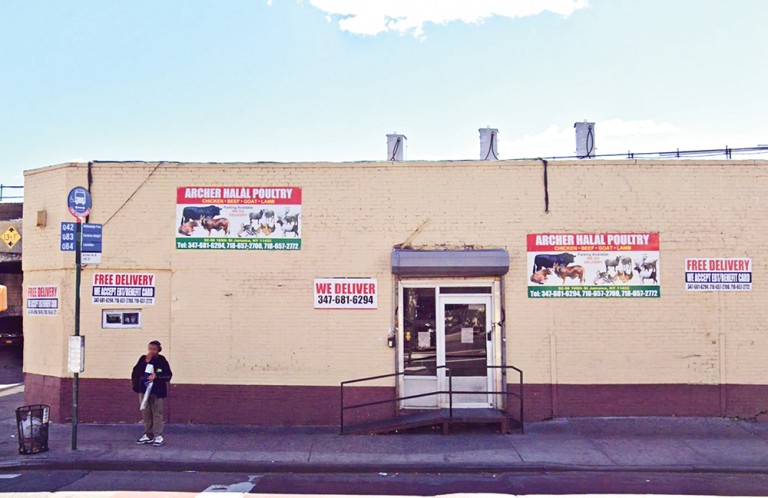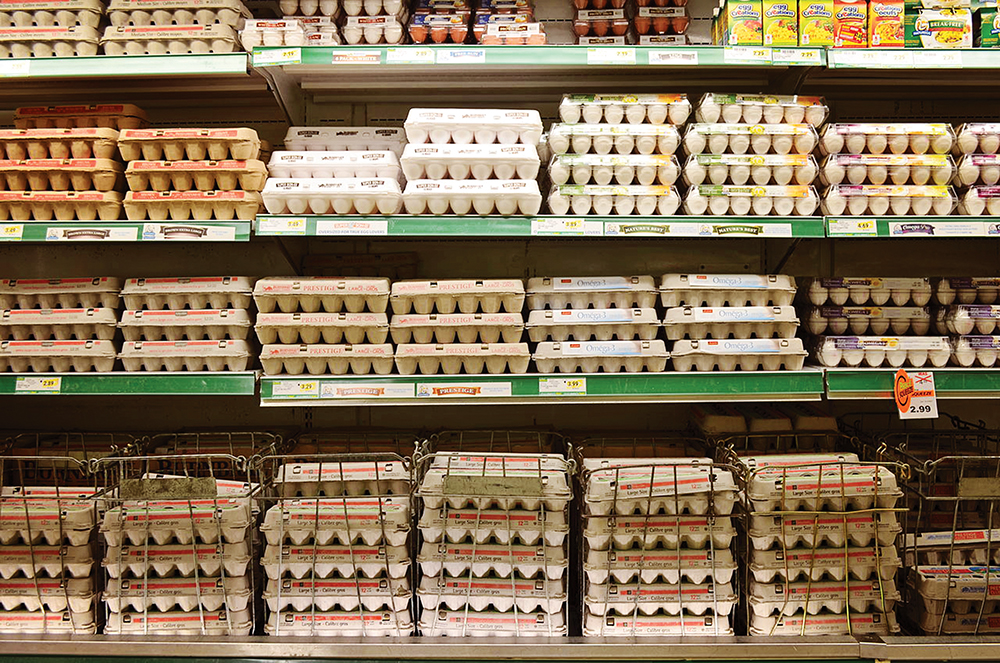By Michael V. Cusenza
Live poultry markets—a familiar sight to South Queens residents—were granted permission to reopen this week after the State Department of Agriculture and Markets earlier this month ordered all such businesses shuttered as H5N1, a type of Avian influenza, also known as bird flu, was discovered in seven locations in Queens, Brooklyn, and the Bronx. Multiple birds tested positive for H5N1 in NYC at parks and zoos in addition to the positive cases at live bird markets, Mayor Eric Adams said.
Hizzoner also emphasized that the risk to New Yorkers remains low. There have been no human cases of H5N1 in New York City or elsewhere in the state, and no human-to-human transmission has been detected from H5N1 anywhere in the United States. A small number of agricultural workers with close contact with infected animals in other parts of the country have tested positive H5N1. New Yorkers who spot a sick or dead bird should maintain a safe distance and report the sighting. For poultry, call the State Department of Agriculture and Markets at (518) 457-3502.
There are approximately 70 live poultry markets across the five boroughs, with dozens in Queens alone. On Friday, Feb. 7, they were shut down by the State. The Notice and Order required those markets where bird flu was not detected to sell all inventory, complete cleaning and disinfection procedures, and remain closed for three to five days after H5N1 was detected in birds at seven markets in Queens, Brooklyn, and the Bronx, as well as at markets in Nassau, Suffolk, and Westchester counties.
How New Yorkers should protect themselves against bird flu:
- Avoid handling birds and other wildlife: The public should strictly avoid handling wildlife, especially sick or dead birds or other animals.
- Keep pets safe: Dogs and other pets should always be leashed and away from wildlife. Do not feed cats raw food diets or raw milk; prevent them from roaming outdoors where they may hunt wild birds or other animals
- Follow food safety guidelines. Handle poultry and eggs safely and cook them to an internal temperature of 165 degrees Fahrenheit
- Do not consume raw milk or raw milk products.
- If you experience symptoms and have had close contact with infected birds or someone who tested positive for bird flu, consult with your doctor to see if you should be tested.
According to Adams, the City Department of Health and Mental Hygiene is prepared to respond to disease outbreaks, including vaccination, testing, and treatment, as appropriate, and is working closely with providers and community partners to rapidly disseminate accurate information. Live bird market workers should carefully monitor their health for 10 days after their last exposure to birds for symptoms, including headaches, cough, fever, shortness of breath, and more.
“We have not seen Avian influenza develop the ability to transmit between people. The Department of Health will continue to work closely with the State Department of Agriculture and State Department of Health to ensure that live bird market staff exposed to sick birds receive essential information and receive treatment,” said Acting City Health Commissioner Michelle Morse, M.D.
Bird flu has greatly impacted the poultry industry, particularly the skyrocketing price of eggs.


